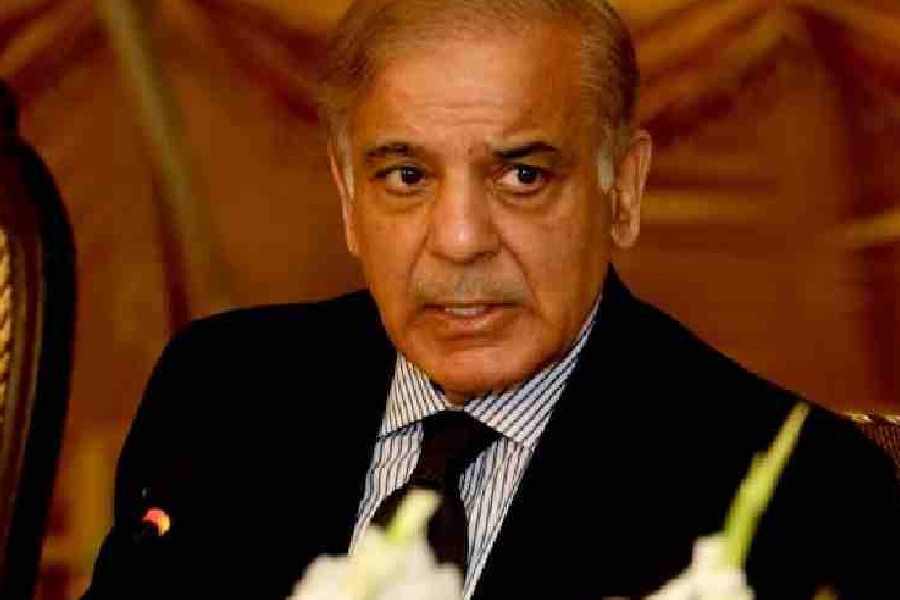In a shocking twist on international diplomacy, U.S. President-elect Donald Trump has reportedly threatened to make Canada the 51st state of the United States. This startling proposition, accompanied by an unprecedented warning of potential use of force, has rattled the political landscape on both sides of the border. While this assertion has raised more eyebrows than serious alarms, it merits scrutiny for what it reveals about Trump’s worldview, the U.S.-Canada relationship, and the likely response from Canadian leaders. At its core, Trump’s threats seem to be grounded in a mix of economic and geopolitical considerations. Over the years, Trump has emphasized America’s energy independence and resource security. Canada, with its vast natural resources and strategic proximity, might be viewed by the President-elect as an ideal target to enhance U.S. dominance. Furthermore, Trump has frequently criticized trade agreements like NAFTA, accusing Canada of unfair advantages in areas like dairy and lumber. By bringing Canada into the U.S. fold, Trump may envision a way to control these disputes directly.

However, this rhetoric—even if exaggerated or symbolic—raises profound legal, moral, and practical questions. Canada’s sovereignty is enshrined in its democratic framework, and any attempt to undermine it would violate international law and spark global condemnation. Historically, the U.S. and Canada have enjoyed a mutually beneficial partnership based on respect for each other’s autonomy. Trump’s threats jeopardize this long-standing relationship and risk alienating a key ally. The Canadian response has been swift and unified. Political leaders across the spectrum—from Prime Minister Justin Trudeau’s Liberals to the Conservatives, New Democrats, and Greens—have condemned Trump’s remarks. This rare show of political solidarity underscores the depth of Canada’s commitment to its independence. Trudeau’s statement, emphasizing that “Canada is not for sale and never will be,” encapsulates the national sentiment. The Canadian public, known for its strong national pride, is unlikely to take kindly to such a provocative suggestion, further solidifying resistance.
The international community is also watching closely. NATO allies and other global powers may view Trump’s statements as a worrying sign of his administration’s approach to diplomacy. If such rhetoric persists, it could strain U.S. alliances and embolden adversaries, who may exploit the situation to drive a wedge between Western democracies. In the coming days, several scenarios could unfold. Trump’s team may attempt to walk back the comments, framing them as hyperbole aimed at negotiating leverage on trade. Alternatively, the situation could escalate, leading to heightened tensions and even economic retaliation from Canada. On the flip side, this episode might galvanize Canadians to strengthen their own economic and defense capabilities, reducing reliance on the U.S. Ultimately, Trump’s statements—whether bluster or serious intent—highlight the unpredictability of his leadership. For Canada, the challenge lies not only in countering this threat but also in reaffirming its sovereignty and values on the global stage. As the world watches, one thing is clear: Canada will not bow to intimidation, and any attempt to undermine its independence will meet staunch resistance.






